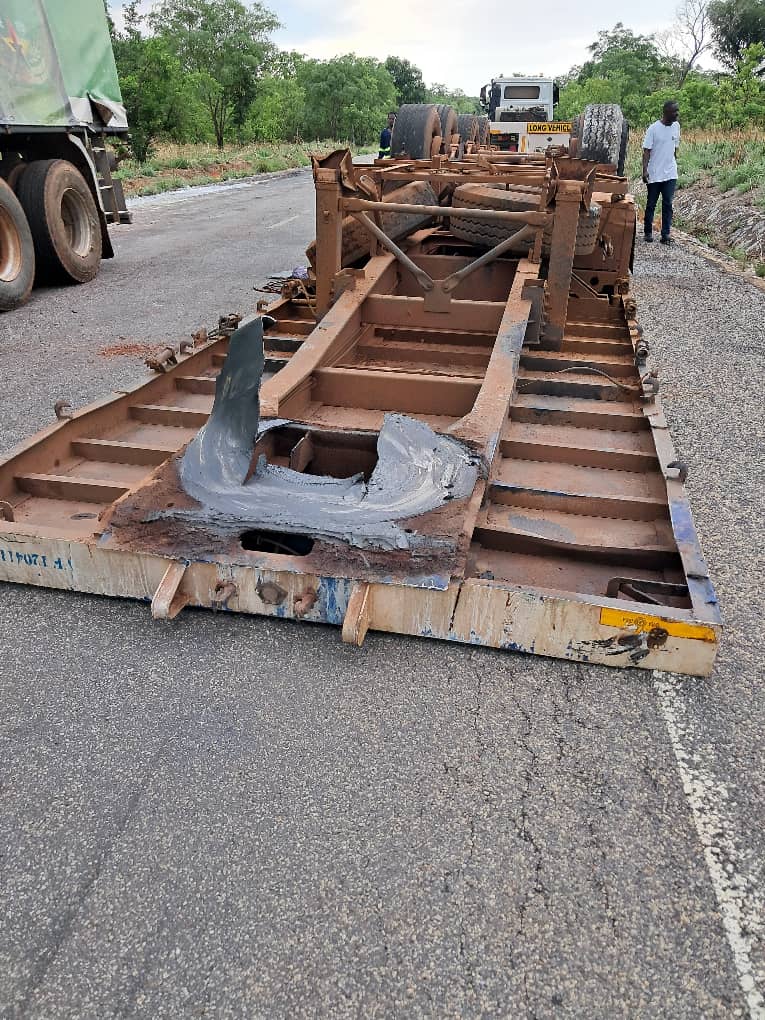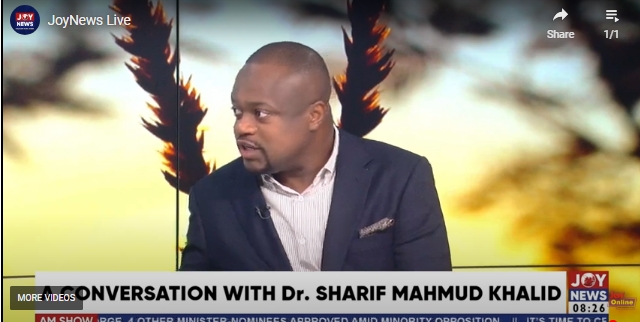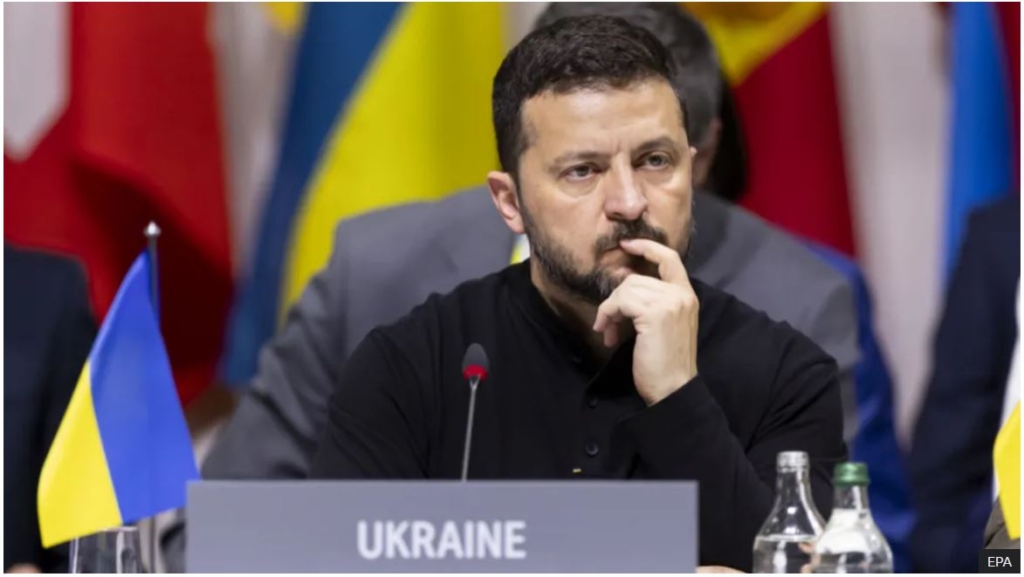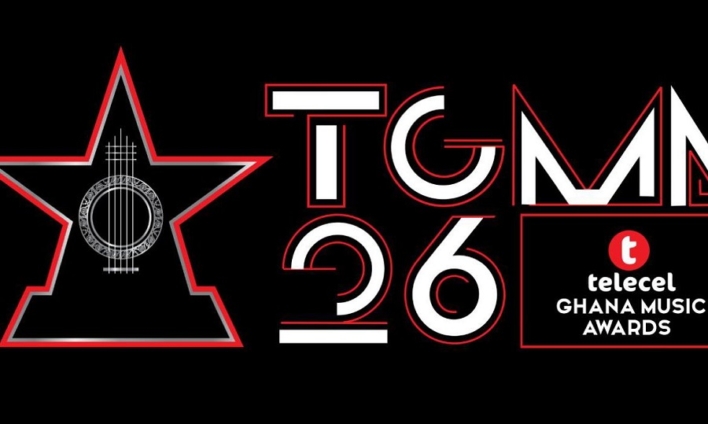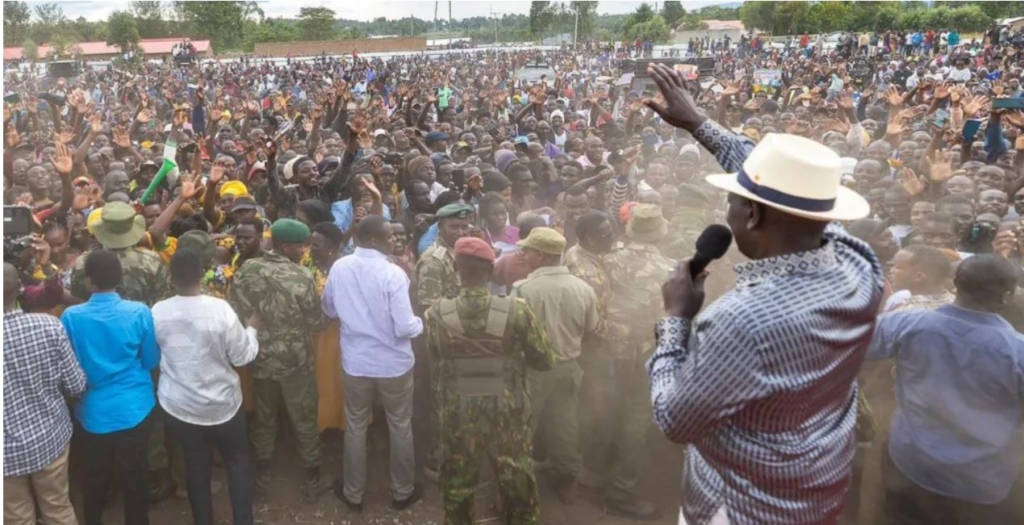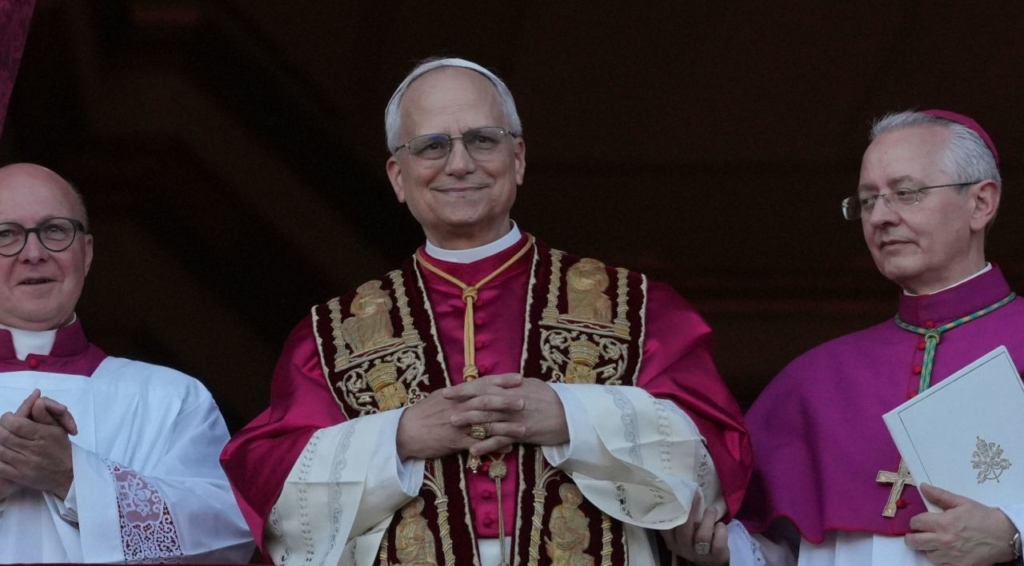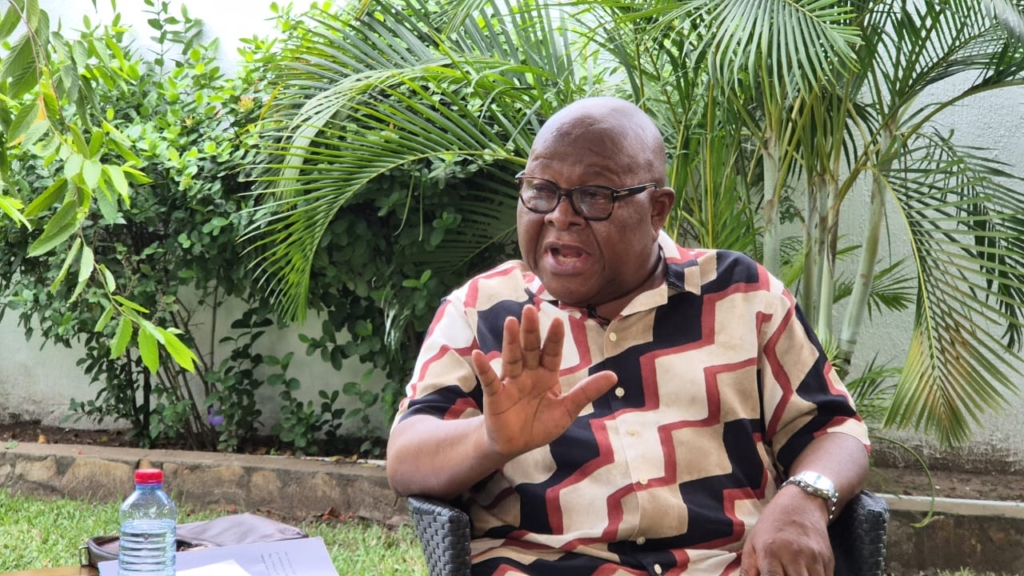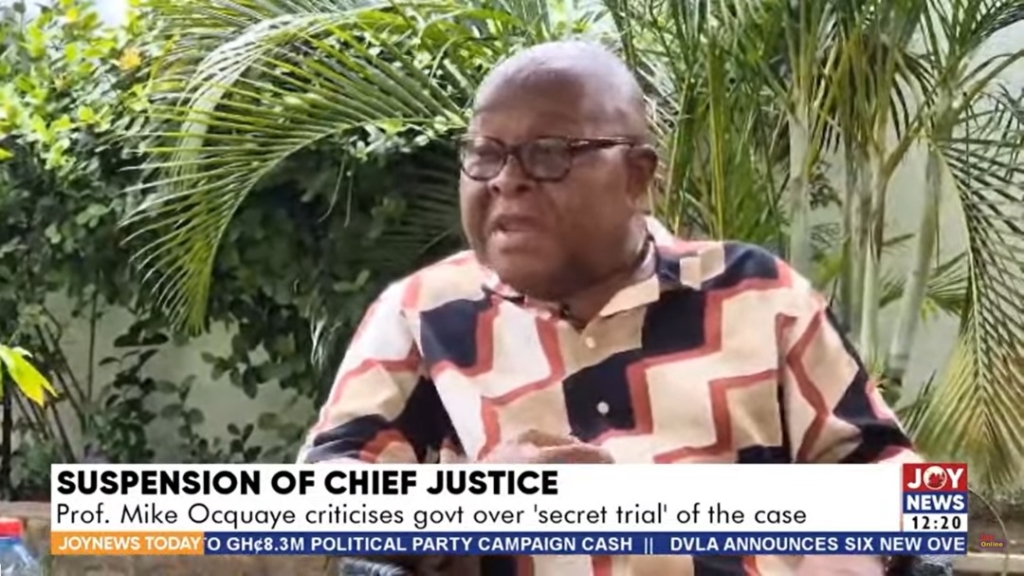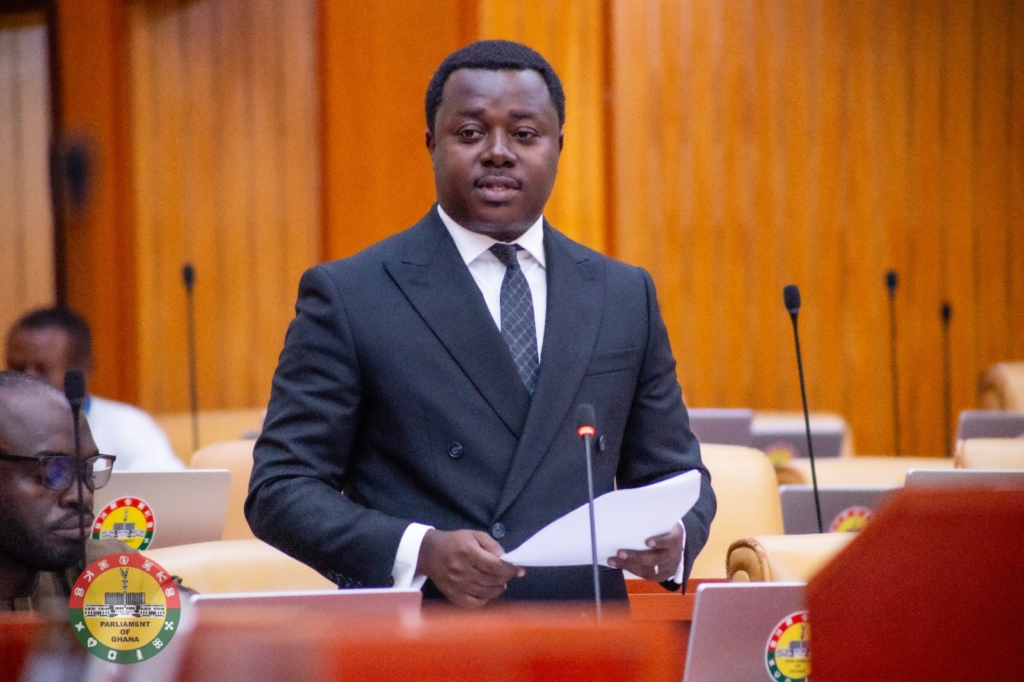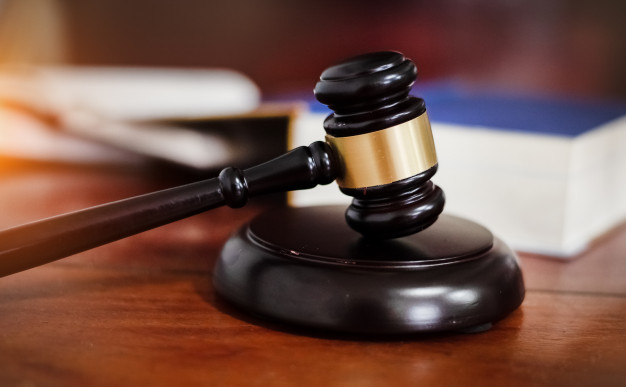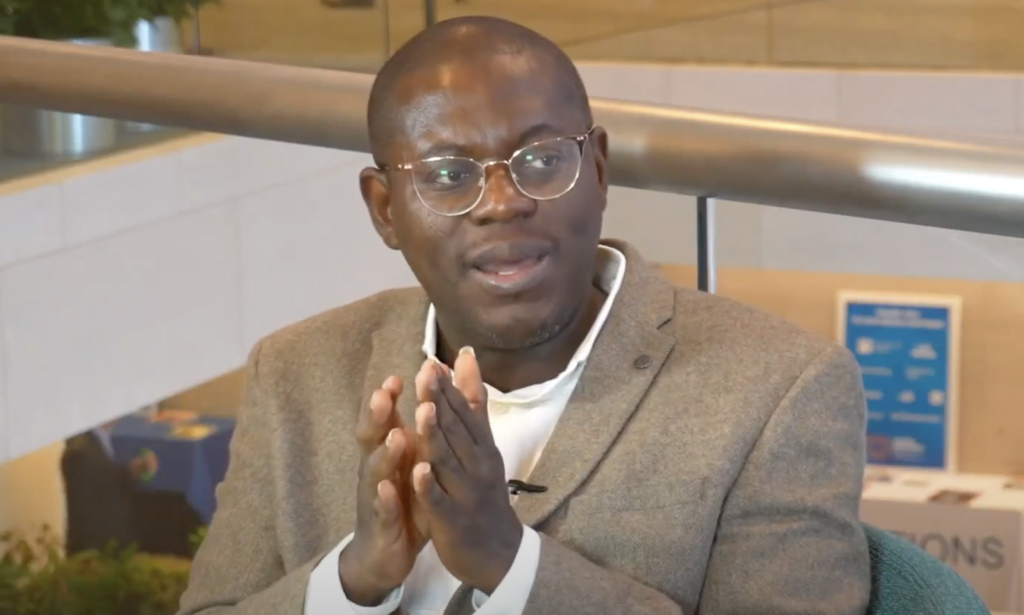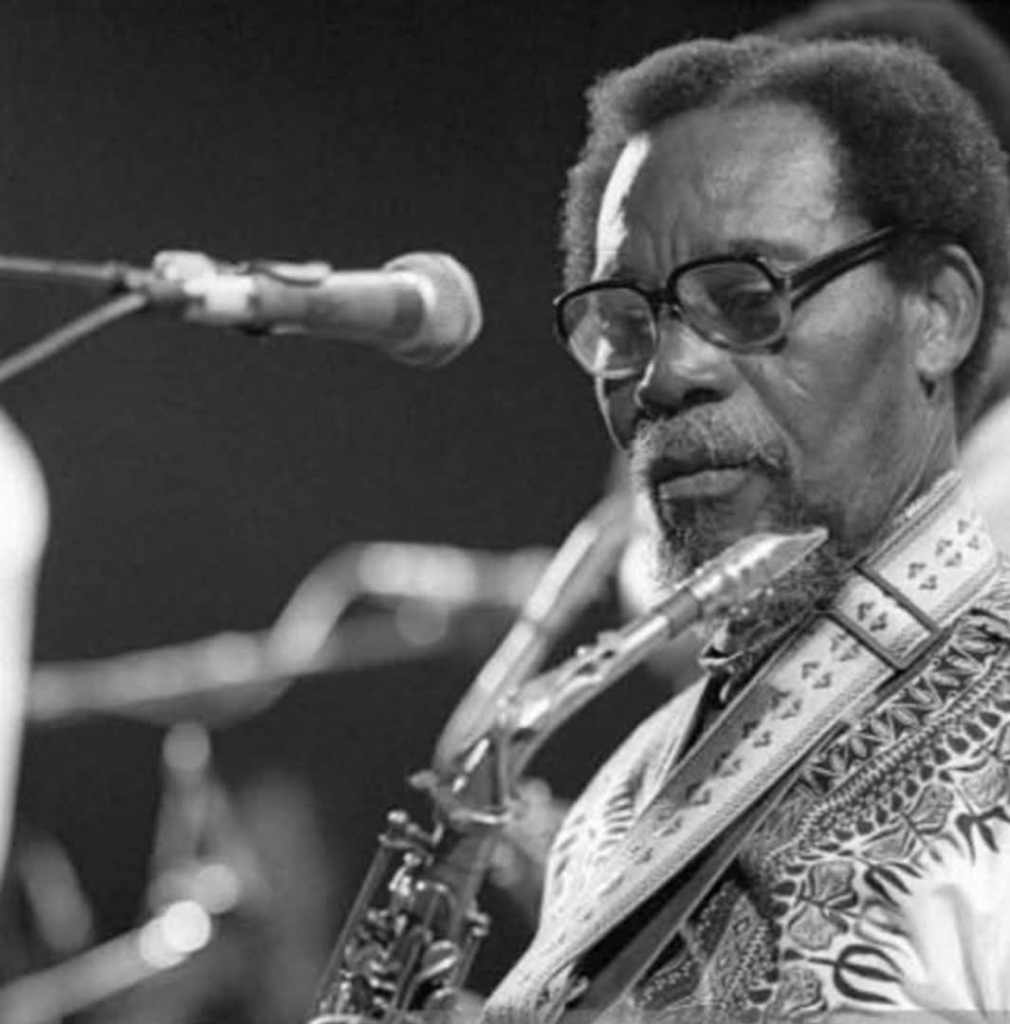Developments between Russia and Ukraine are becoming increasingly tense—though not amusing—as Moscow prepares to hold its Victory Day parade.
The day commemorates the end of World War II and celebrates the triumph over Nazism, as led by German dictator Adolf Hitler. May 9 has long stood as a symbol of global pride for defeating the oppression imposed by the Nazi regime.
However, this year’s commemoration risks sparking a broader conflict, as Ukraine has told world leaders that their safety during the celebration lies in the hands of Russia. In essence, President Zelensky appears to be indirectly threatening the leaders of countries that support President Putin—a stance that borders on a clear act of intimidation, if not terrorism.
President Volodymyr Zelensky’s recent statements cannot be dismissed as mere rhetoric. They signal a potential intent to involve other nations in Ukraine’s three-year-long war with Russia. Fears have been raised that Ukraine might resort to terrorist-style tactics—such as bombing parades or other public gatherings—to draw international attention to its conflict with Russia.
Given the number of world leaders expected to attend the Victory Day ceremony, any such act would escalate tensions and risk turning the war from a bilateral conflict into a wider global crisis.
This inflammatory rhetoric stems from Russia’s call for a temporary truce with Ukraine. Russia has requested a ceasefire from May 8 to 11 to provide a peaceful atmosphere for the Victory Day celebrations on May 9. Ukraine, however, has rejected the proposal.
For the people of Africa—a continent that contributed troops during World War II to help liberate the world from Nazi tyranny—the participation of African leaders in the Victory Day commemoration reflects acknowledgement of their historic role in that defining period of global history.
President Zelensky’s refusal to guarantee the safety of guests at the parade poses a threat to all, including the leaders from Africa. It is time for Ukraine to recognise that its current posture is drawing comparisons with a terrorist state in the eyes of the international community.
DISCLAIMER: The Views, Comments, Opinions, Contributions and Statements made by Readers and Contributors on this platform do not necessarily represent the views or policy of Multimedia Group Limited.
DISCLAIMER: The Views, Comments, Opinions, Contributions and Statements made by Readers and Contributors on this platform do not necessarily represent the views or policy of Multimedia Group Limited.

